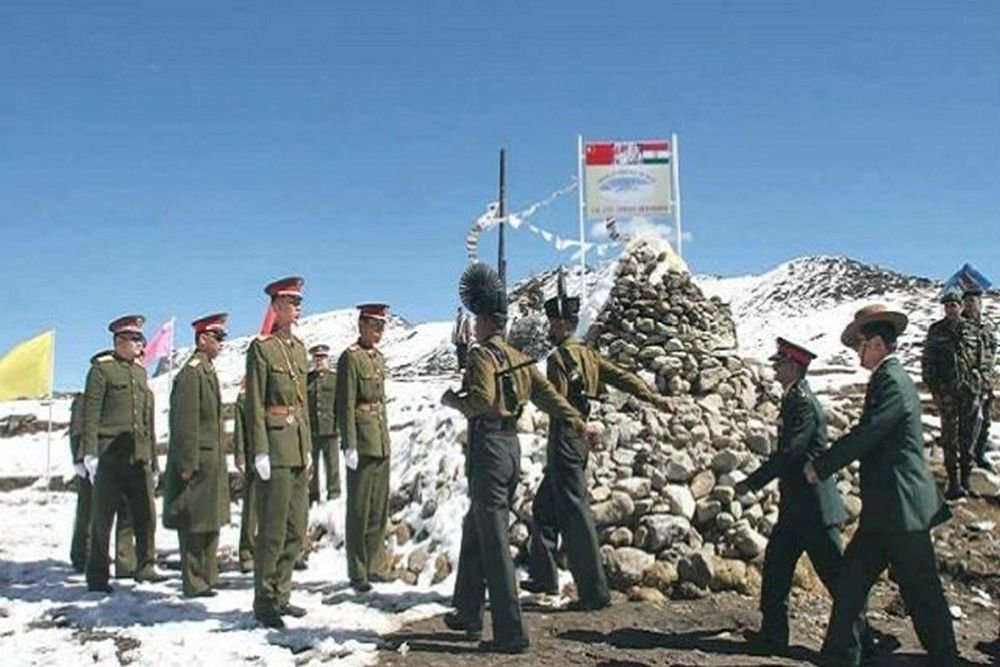China-India impasse
August 21, 2017 | Expert Insights

India is confident about resolving the current military stand-off with China through diplomacy.
According to a Times of India report, top officials in India do not expect the situation to escalate to a military conflict.
Background
In June 2017, a skirmish broke out between Indian and Chinese troops at the Doklam plateau. Indian soldiers had intervened the construction work being conducted by China in the region. The area is a disputed territory between Bhutan (an Indian ally) and China. Indian officials have said that there are about 300 soldiers on either side of the plateau.
China has called on India to immediately withdraw the troops but the latter did not acquiesce. India, for its part, has said that Chinese actions in the plateau is a direct security concern. India’s External Affairs Minister Sushma Swaraj announced that India will engage in dialogue once both sides withdraw troops simultaneously.
In the recent weeks, China has issued increasingly aggressive statements against India. Chinese Defense ministry spokesman Col. Wu Qian has told India to not “push its luck”. China’s PLA refused to partake in ceremonial border meetings on India’s Independence Day. This is the first time since 2005 that China has refused India’s invite.
Analysis
According to a recent report in Times of India, top officials and bureaucrats within the Indian government believe that this situation will be resolved through diplomacy. According to the assessment by the Indian government, China will not get any clear gains through armed conflict. Hence, there is growing confidence that this will not end in military conflict.
However, tensions have continued to rise. In August 2017, a scuffle broke out between the boat patrols from India and China at Pangong Lake in Ladakh. Reportedly 15 Chinese soldiers had crossed into Indian territory and did not turn back despite repeated warnings. The two sides took to throwing stones at one another.
Hua Chunying, the spokesperson for the Chinese Foreign Ministry blamed India for the clashes. She said that Chinese border forces were carrying out "normal" patrols. She added, "During this time they were obstructed by Indian border forces and the Indian side took fierce actions, colliding with the Chinese personnel and having contact with their bodies, injuring the Chinese border personnel. China is extremely dissatisfied with this.”
Meanwhile, Bhutan and India have put up a united front against China’s multiple claims over the territory in Doklam.
Assessment
Our assessment is that a military conflict between two of the fastest growing economies in the world will be detrimental to both nations. We believe that China will make more cross border intrusions similar to the one that took place in Ladakh. There are likely to be more clashes in Lipulekh Pass and Barahoti in Himachal Pradesh and the Arunachal sectors.








Comments